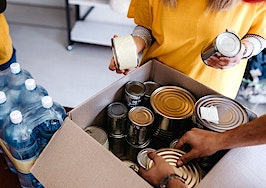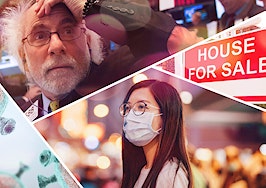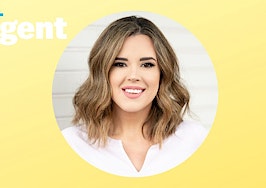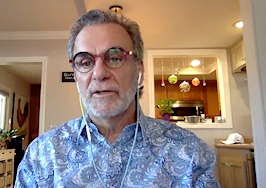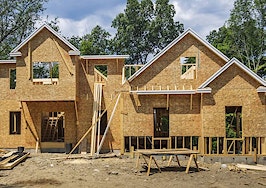When most of us are sound asleep, Marcia Rubini is diligently hovering over a menagerie of colorful fabrics awaiting to be transformed into a source of comfort and protection for healthcare workers on the frontlines of the war against the coronavirus.
“My home economics teacher would be so proud of me,” Rubini said with a giggle while briefly reminiscing on her days at St. Ursula Academy where she dreamed of being a designer.
Although Rubini has always had a love for sewing, she never imagined that her talent would be used to help Toledoans shield themselves from a vicious and indiscriminating virus. The RE/MAX Preferred Associates Realtor got the idea during a trip to Aruba, where a chance encounter with a fellow vacationer got her wheels turning.
“I was in Aruba back in the first week of March. I ran into a fellow that was from Port Clinton [Ohio] who had a manufacturing company,” she said. “On the TV, reporters were talking about how bad [the pandemic] was going to get, and we actually cut our trip short because of that. I looked at him, and I went, ‘Someone who can manufacture masks is going to make a ton of money,’ and he explained that he was a manufacturer and had plans to do that.”
“I want to call him and say that I’m making masks and donating them,” she added. “Who would have thought a month ago I’d be doing that?!”
Rubini estimates that she’s made 100 masks, with her quickest pace being 13 per day before she blew through three sewing machines, two of which were more than 20 years old or had faulty needles.
“It was like your car starter dying, and I was like, ‘Oh crap,'” she said.
In addition to technical problems, Rubini couldn’t find additional elastics to form earloops, a likely result of the general public’s increasing demand for homemade masks. She even injured her back as a result of lugging machines that weigh at least 30 pounds up and down the stairs.
Instead of succumbing to the setbacks, Rubini dug deeper. She borrowed a machine from her niece to keep her operations going until a new, and hopefully sturdy, machine is delivered. Instead of elastic earloops, Rubini has begun using elastic hair ties, which offer a more comfy fit around the ears.
Lastly, she got a chiropractic adjustment to alleviate her pain so she could resume her grueling sewing schedule.
“I keep getting orders and people that want them and I hate to turn people down,” she said. “I just got a call from somebody where their daughter is taking care of somebody who has asthma, so I’ve been donating to [individuals] as well.”
On a good day, each mask takes about 10 minutes to make. Most of her time is spent preparing the pattern, which includes a white lining and patterned outer layer so clients know the right way to wear them. After a batch of masks is made, Rubini cleans them before placing them into plastic bags for pickup or dropoff.
She currently has two orders of 20 masks, multiple orders for two to five masks, and one request for 1,000 masks, which she, unfortunately, had to turn down.
“It would be lovely to have some help,” she said. “I can’t make 1,000 masks on my own.”
However, Rubini said she realizes that every bit helps, and she’s glad to continue assisting medical professionals at ProMedica and The University of Toledo Medical Center, where most of her donations have gone.
For now, Rubini plans to dedicate every waking hour she’s not helping clients to making masks, which she’s made part of her closing gift to clients during their “drive-by appointments” to quickly sign documents.
“It really wasn’t what I thought I’d do for the rest of my life, but I love it,” she said of her decision to ditch fashion for real estate. “I care about people and it’s a people business. I’m glad I can help.”
We’re highlighting agents with extraordinary stories through a new series, Agent Plus. Do you know someone who should be highlighted for their work inside and outside of the office? Send your nominations to AgentPlus@inman.com.








